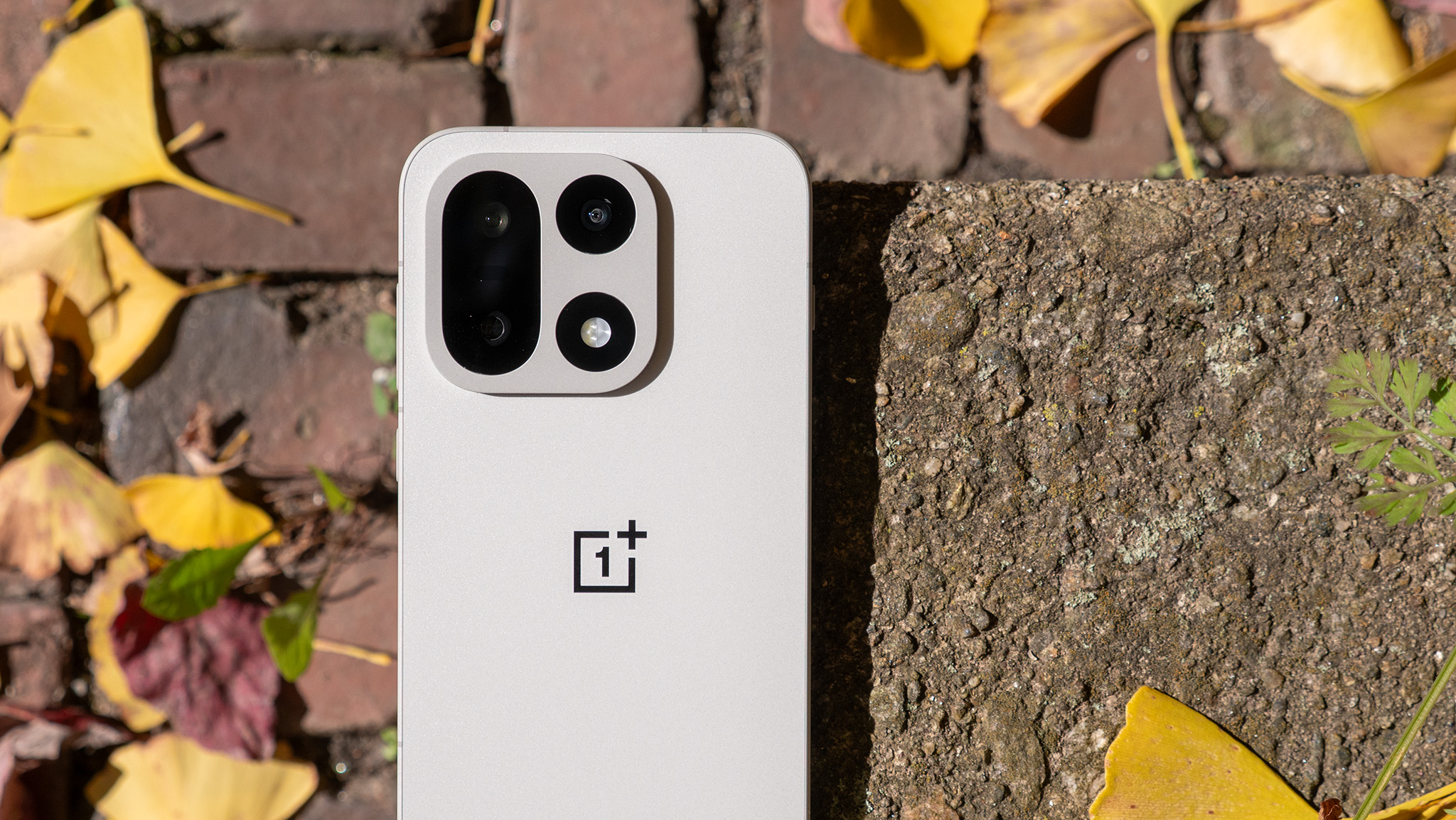Google Pixel 6 vs. Samsung Galaxy S21: Which is the best Android phone?
Hint: it's the brightest Pixel in the galaxy.
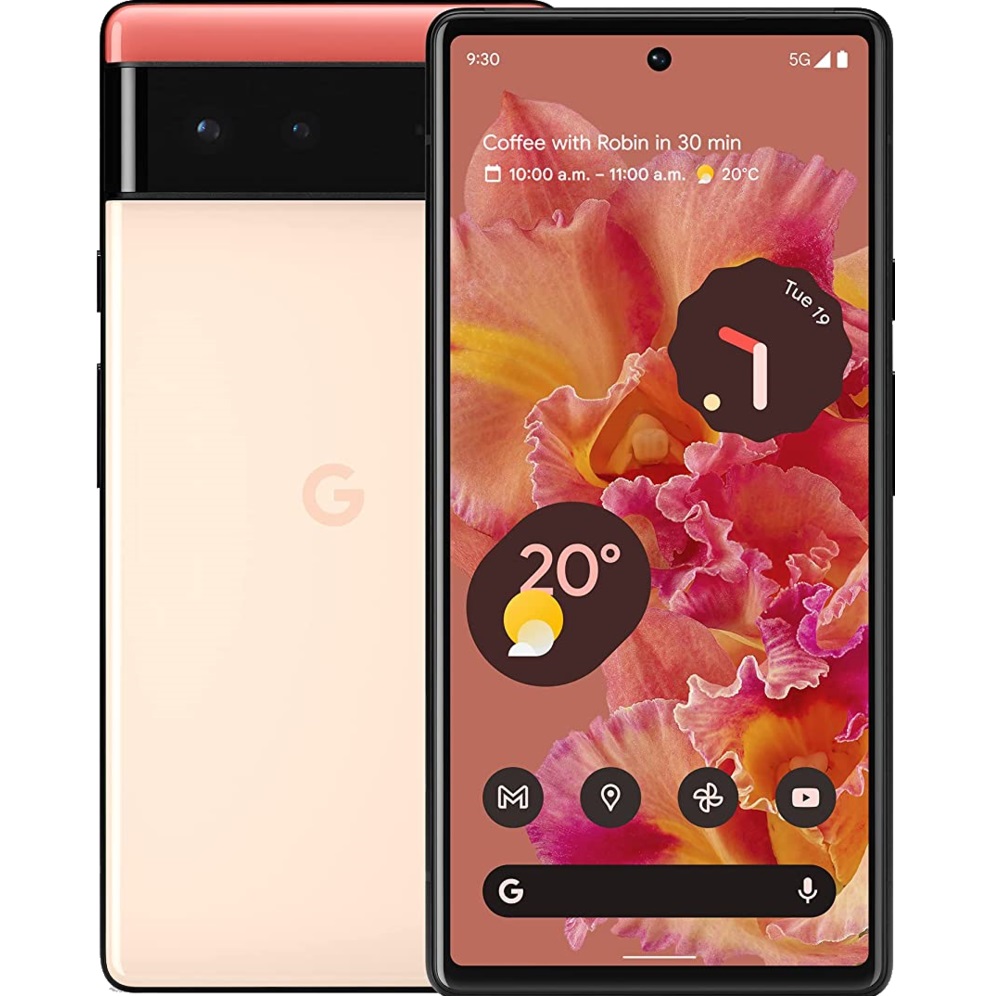
The great usurper
The Pixel 6 represents the future of smartphones. Not only is it the first flagship-quality Pixel in years, but it also has lightning-fast Assistant commands thanks to AI upgrades with its Google Tensor chipset. Plus, its camera quality makes leaps and bounds over the competition.
Pros
- Google Tensor-powered AI tools
- Software/security updates through Android 15/2026
- Larger display
- Striking, colorful design with glass back
- Significantly cheaper
- Incredible main camera performance
Cons
- Only 90Hz refresh rate
- No telephoto lens
- Thicker bezels
- Limited availability internationally
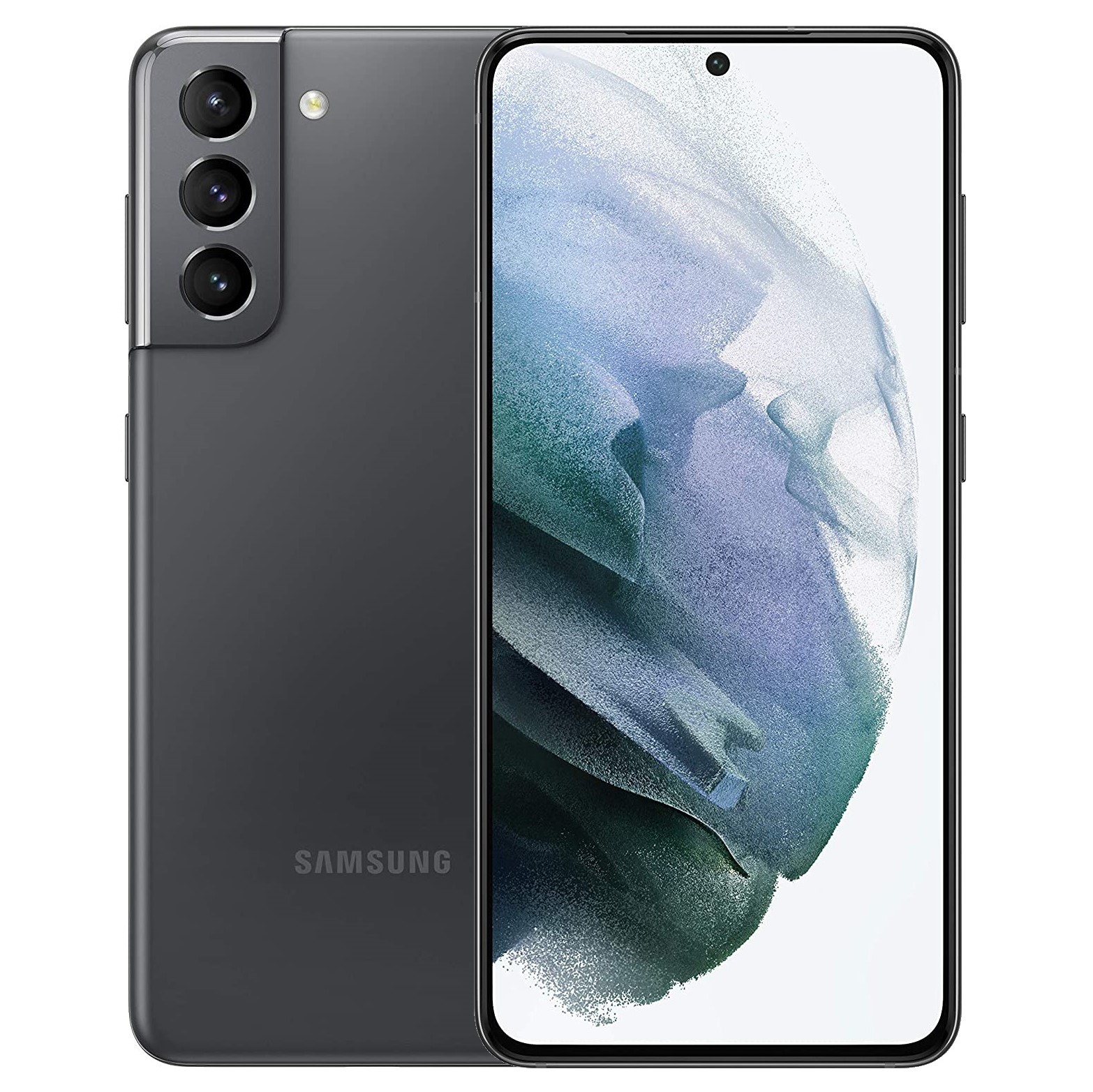
Can't be king forever
Thanks to a 120Hz AMOLED display, still cutting-edge Snapdragon 888 SoC, three rear cameras for more photo versatility, and nearly as much software support as the Pixel 6, the Galaxy S21 remains a great purchase. Especially if you want a more compact, lightweight phone.
Pros
- AMOLED 2X display with 120Hz refresh rate
- Snapdragon 888 performance
- 64MP telephoto lens with 3X Space Zoom
- Popular One UI software
- Four years of security updates
Cons
- Only supported through Android 14
- Slightly smaller display
- Cheaper plastic back
- Battery life underwhelms
For most of 2021, the Samsung Galaxy S21 has been the best Android phone for anyone unwilling to spend a grand or more for a Pro or Ultra flagship. Now it has a legitimate contender for that throne with the Google Pixel 6, a superb phone with a shockingly low price and a system-on-a-chip (SoC) made by Samsung, ironically enough. As the newer phone, the Pixel 6 has some significant advantages; yet the S21 still holds up as a phone worth buying today. So let's dive into their differences and respective strengths.
Google Pixel 6 vs. Samsung Galaxy S21: Google Tensor or Snapdragon 888
The Snapdragon 888 was Qualcomm's premium chipset when the S21 launched, and it has appeared in most 2021 flagships since. Of course, newer Snapdragons have surpassed it since, but this hardware still holds up incredibly fast for daily apps and gaming without draining the battery too much.
Google Tensor was developed by Samsung LSI with similar architecture to the Exynos 2100, the chipset found in the international Galaxy S21. However, Tensor differs from the 888 and 2100 with its two Cortex-X1 cores, which specialize in machine learning capabilities; in exchange, it uses one fewer mid-range core (2 instead of 3) and opts for the older Cortex A76 (2.25GHz) instead of the A78 (2.42GHz). Despite being a newer phone, it doesn't necessarily run on newer hardware.
Tensor may beat the Snapdragon 888 in GPU while losing in CPU, but benchmarks only tell half the story.
Currently, techies are waging benchmark battles to determine whether Tensor or the Snapdragon 888 is faster. NanoReview claims both chips perform equally, amazingly well for gaming, but that Tensor falls barely behind in battery life and further behind in CPU performance. And Pixel 6 owners posting their Geekbench CPU scores and Wild Life Extreme scores show it falling behind the 888 in CPU performance but defeating it in GPU performance.
Benchmarks don't show the true measure of a phone, however. How they perform from day to day is what matters.
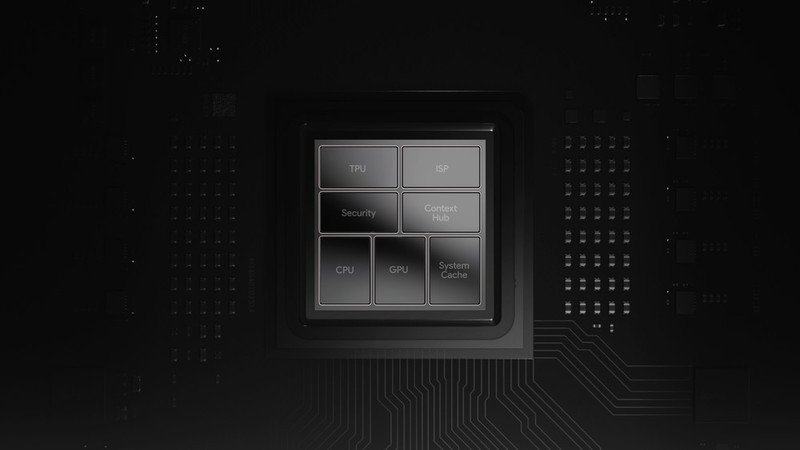
Several Android Central writers use the Galaxy S21 as their daily phone, and its performance for gaming and demanding apps is top-notch. The Snapdragon 888 and its 8GB of RAM hold up to scrutiny over half a year after launch. Meanwhile, we've only had a brief time with the Pixel 6 and Google Tensor thus far, but our reviewer found it to be "butter smooth" 99% of the time, with remarkably few bugs for a first-gen chipset. Tensor is a multitasking champ, easily handling several apps at once without running hot — something previous Pixels struggled with.
So while we won't claim to know for sure if Tensor or the Snapdragon 888 is faster, both chipsets are more than fast enough to justify buying either phone. So let's talk about the intangibles outside of performance.
Get the latest news from Android Central, your trusted companion in the world of Android
The Pixel 6 gets an extra 1.5 years of support, along with some game-changing AI tools.
The Pixel 6 will get four years of software updates to Android 15; it'll receive them immediately alongside newer Pixels in the fall, while older Android flagships usually have to wait until winter or spring the following year. Plus, it'll receive one more year of security updates through fall 2026. That's unprecedented for any non-Apple phone.
Samsung has also stepped up its phone support for the S21. It'll update up to Android 14 (or One UI 6) in 2024, while Samsung has promised four years of security updates through early 2025. That falls short of the Pixel 6, but it's more than enough support to last you a few years until you're ready to upgrade.
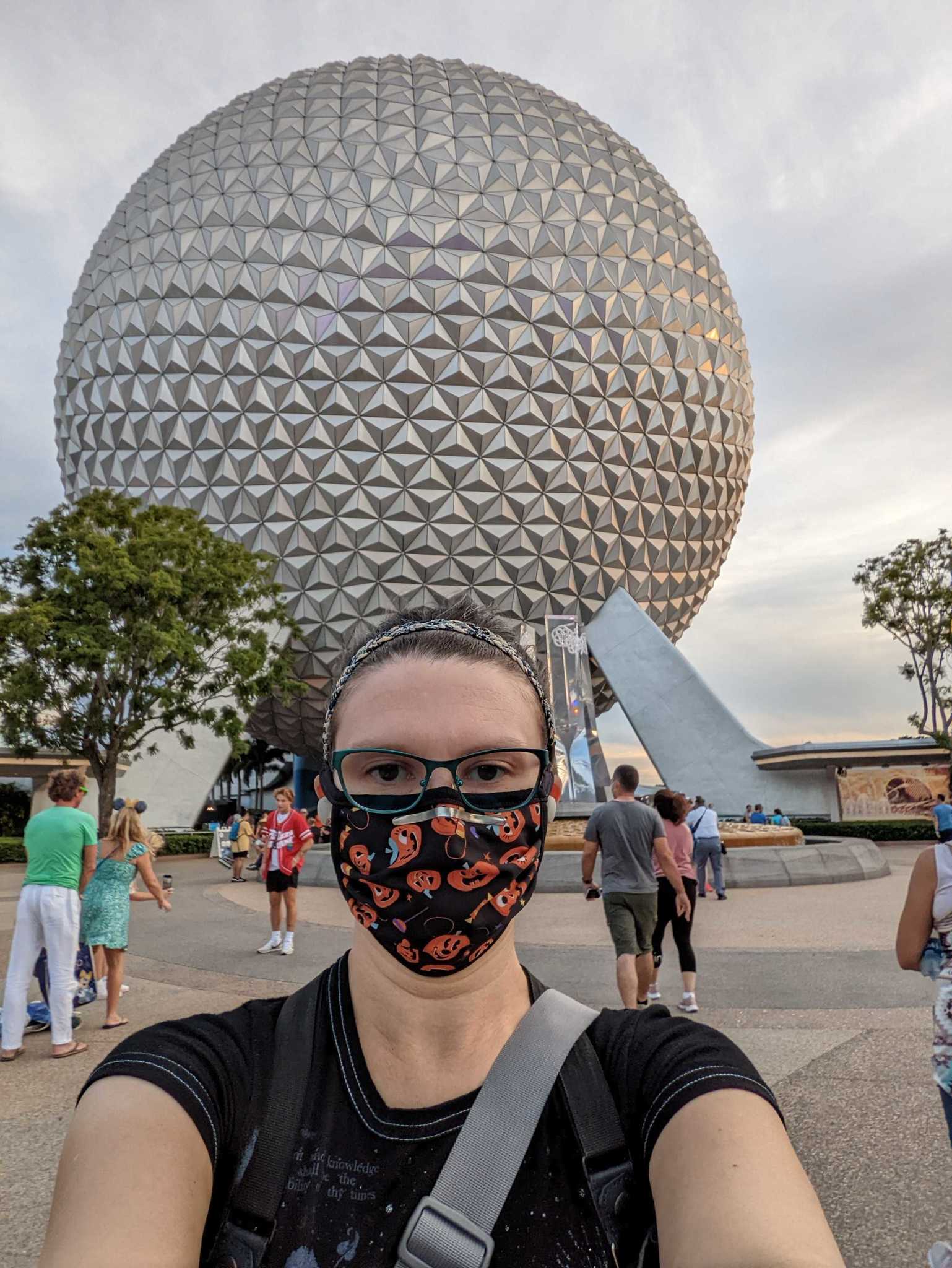
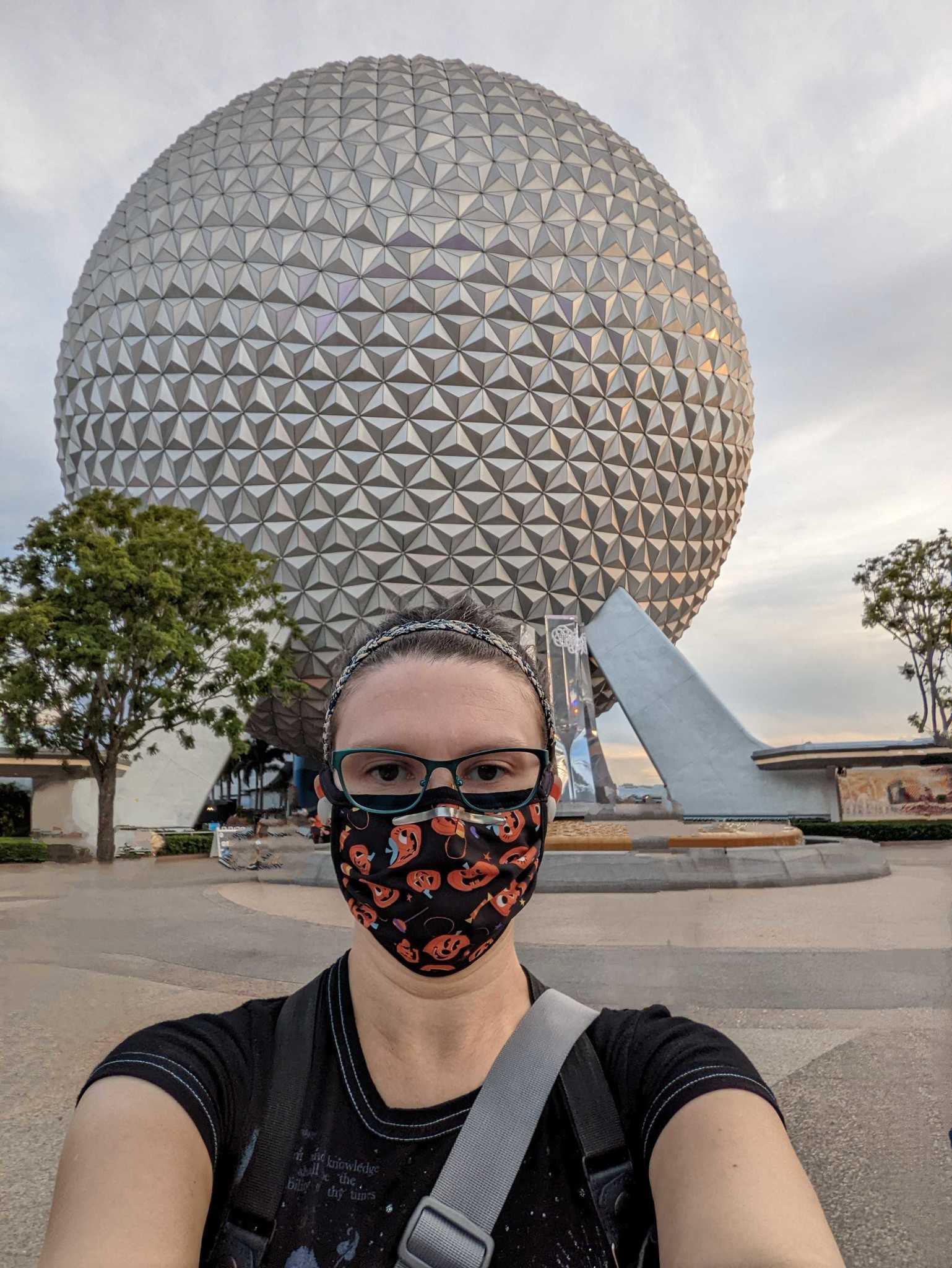
Long-lasting support is excellent, but it's Tensor's AI tools that could sway you towards the Pixel 6. It enables tools like Instant Translation, where it takes spoken words or video dialogue and translates it in real-time to your language. Voice-to-text transcription is near-instant thanks to improved Automatic Speech Recognition (ASR). And it's a game-changer for photography: tools like Magic Eraser (above) that remove people or objects from photos are Pixel-exclusive and could stay that way for years to come.
Google Pixel 6 vs. Samsung Galaxy S21: Comparing camera quality
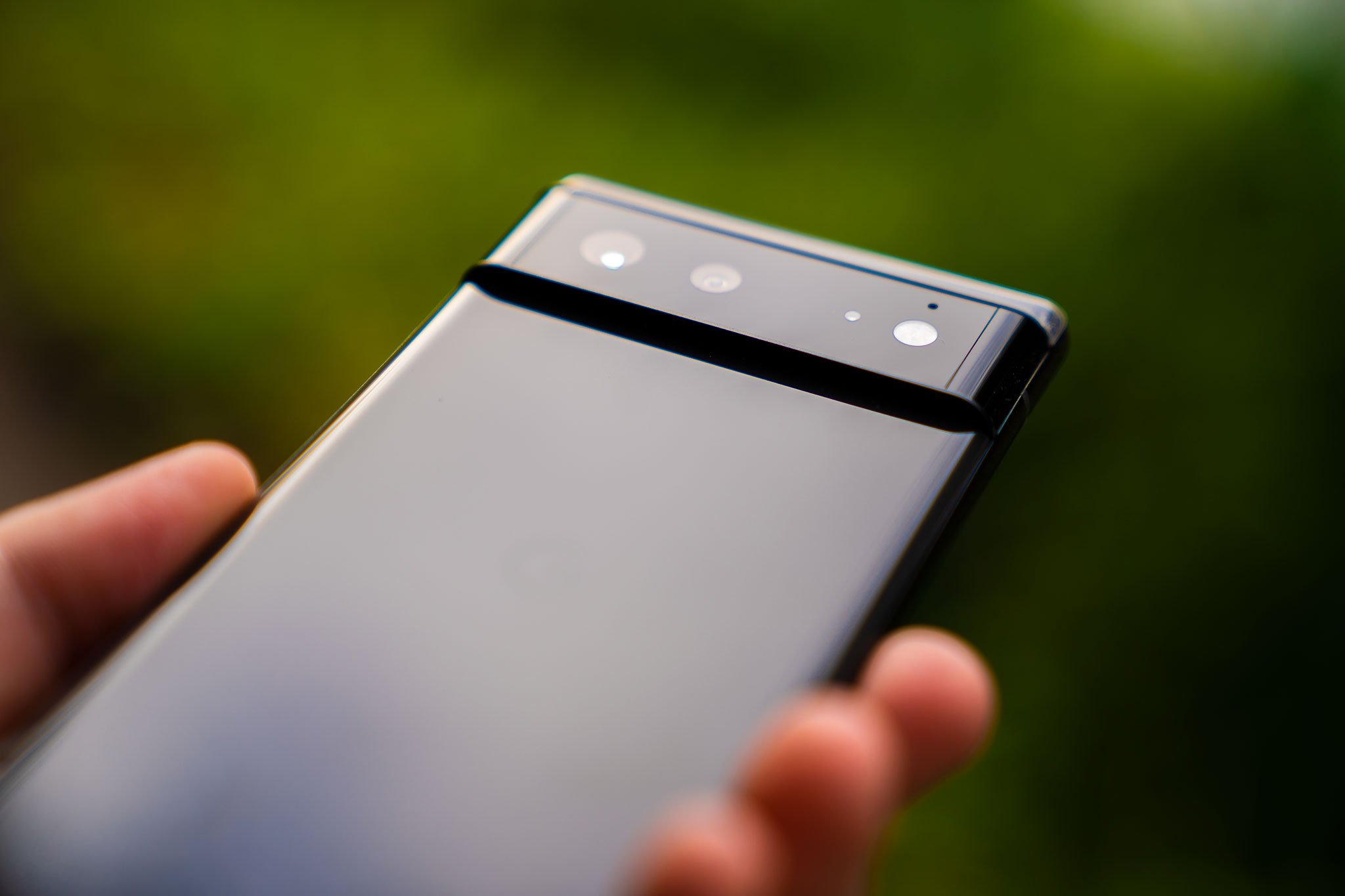
Spec to spec, each phone has its strengths and weaknesses. For example, the Pixel 6 wins with its powerful 50MP wide-angle rear camera, but it only has that and a 12MP ultra-wide on its rear module. On the Galaxy S21, you get 12MP wide-angle and ultra-wide sensors and a 64MP telephoto lens. And the S21 barely wins the selfie battle with a 10MP sensor over an 8MP Pixel 6 sensor.
But as with the processors, specs only reveal so much. Post-processing matters just as much for photo quality, and both Google and Samsung excel in this category. So let's look at actual photos taken by both devices and compare.

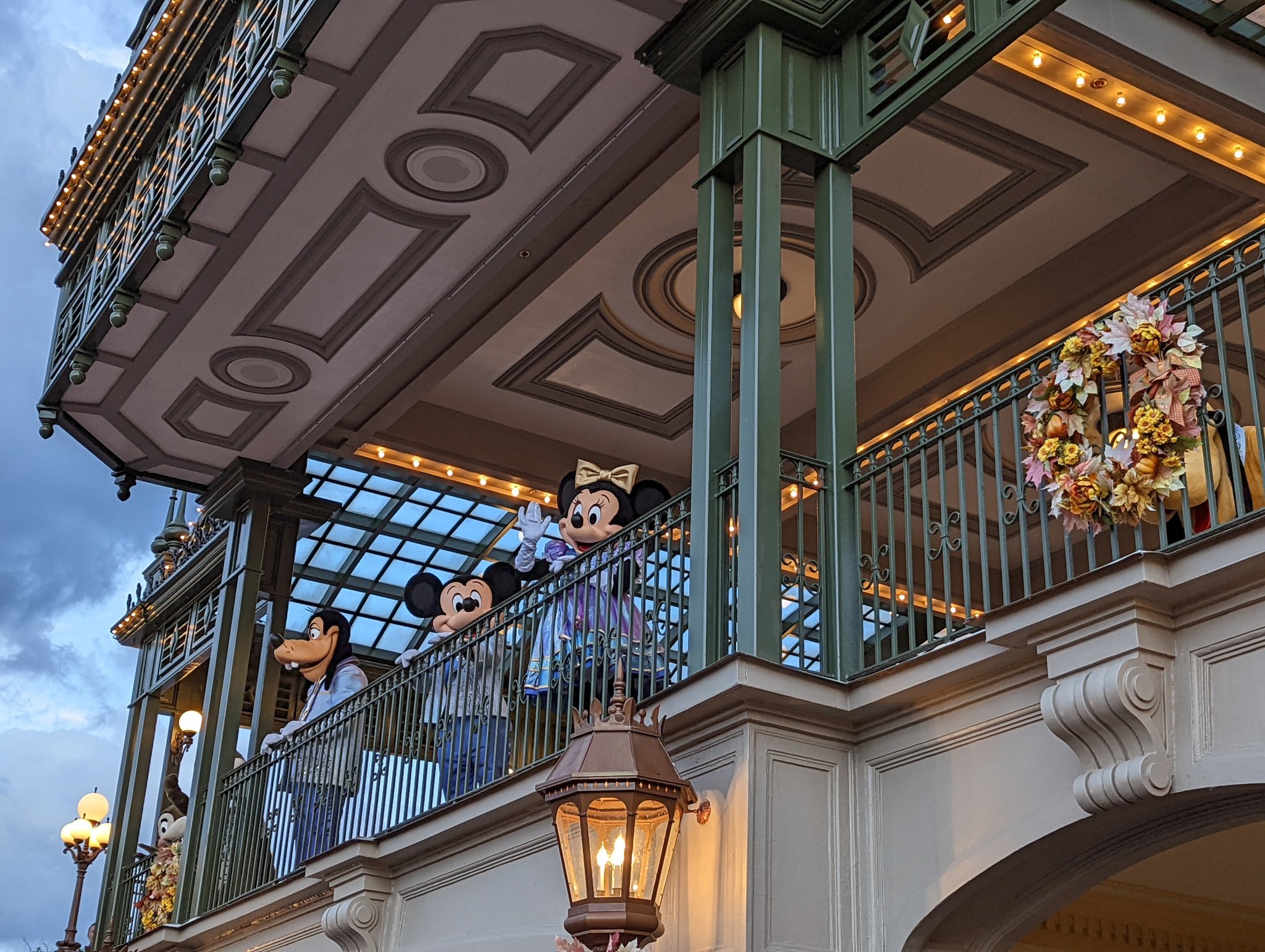


As you can see, the Pixel 6 takes vivid, gorgeous photos that make a strong impression. They lack the detail of a true flagship 108MP sensor, but outperform what you'd expect from a $600 phone. As our reviewer said, "Details are crisp, lighting is great on both daytime and nighttime shots, and colors are true-to-life." Night Mode photos look excellent, and Google's new Real Tone initiative ensures that your photos of people will look lifelike regardless of their skin tone.


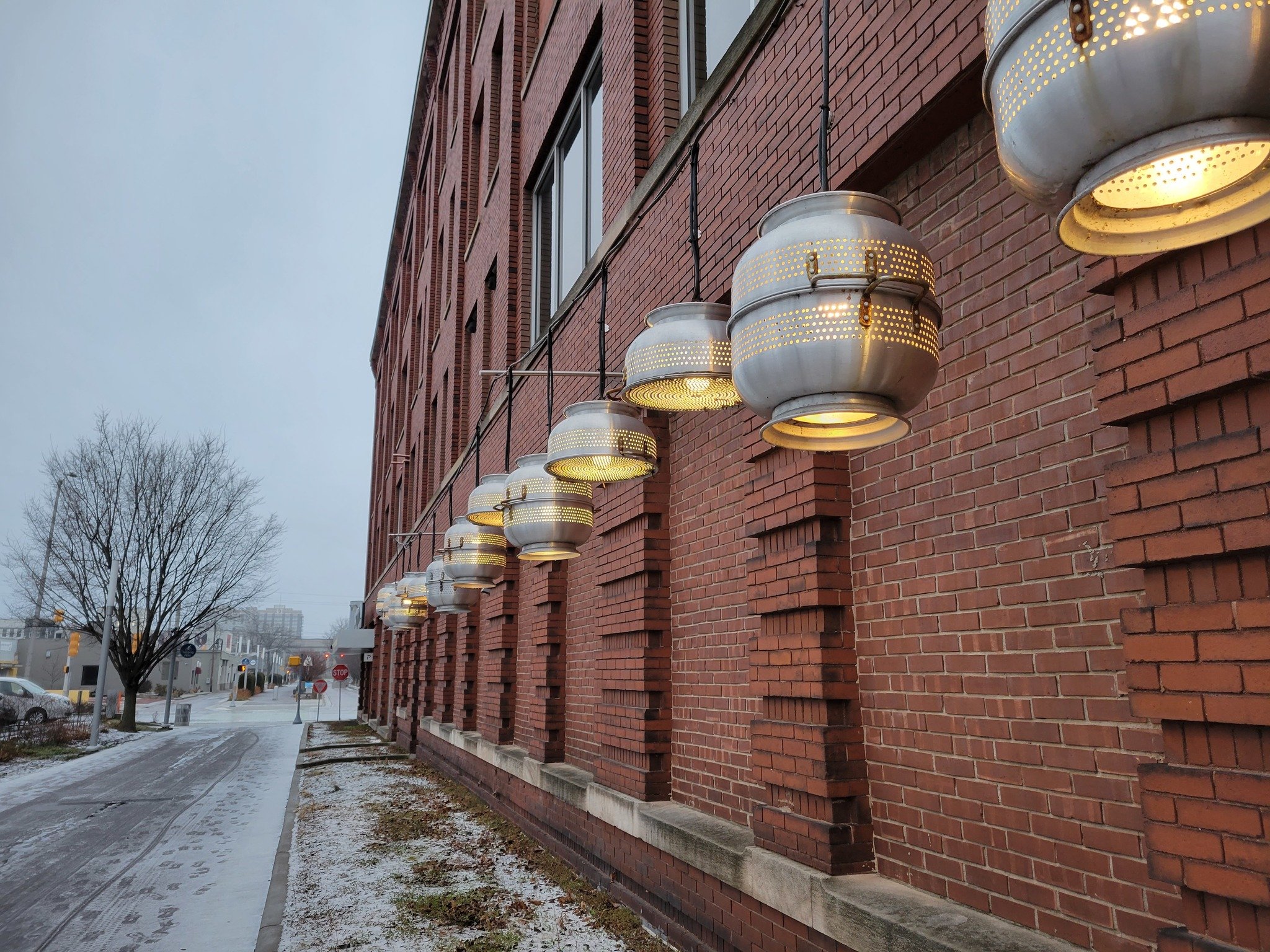

With the Galaxy S21, our reviewer had a less magical and colorful environment for his photos than Disney World, but you can see how the phone captures a solid level of detail. He found that "photos taken on the S21 are generally great, with impressive dynamic range and vivid (if not overly so) colors, though in typical Samsung fashion, shots are often brightened to the point of overexposing in auto mode...I especially enjoy the improvements to Space Zoom on the 3x telephoto lens."
Google Pixel 6 vs. Samsung Galaxy S21: A worthy specs showdown
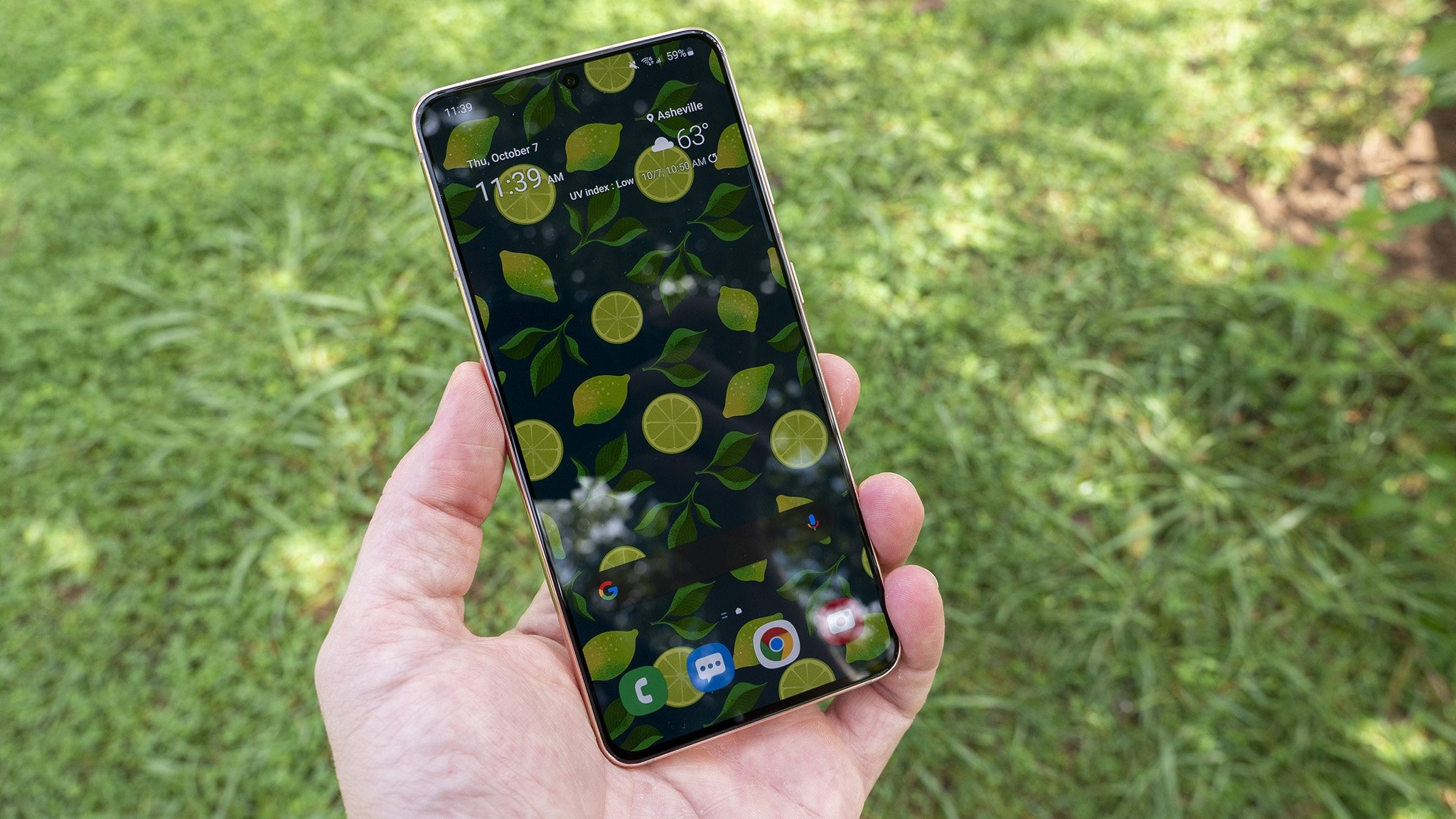
The Pixel 6 costs $200 less than the Galaxy S21 at full price. But does that extra cost correspond to better hardware with Samsung's flagship? We've broken down how the two phones compare to clear the air.
| Header Cell - Column 0 | Google Pixel 6 | Samsung Galaxy S21 |
|---|---|---|
| Operating System | Android 12 | One UI 3.1 (+ One UI 4 beta) |
| Display | 6.4 inches (20:9) 2400x1080 (411 PPI) OLED 90Hz HDR | 6.2 inches (19.5:9) 2400x1080 (421 PPI) Dynamic AMOLED 2X 120Hz HDR10+ |
| Processor | Google Tensor 2 ARM Cortex-X1 cores (2.8 GHz), 2 A76 (2.25GHz), 4 A55; Arm Mali-G78 GPU; Titan M2 security | Snapdragon 888 1 ARM Cortex X1 core (2.84GHz), 3 A78 (2.42GHz), 4 Cortex A55 (1.80GHz); Adreno 660 GPU |
| RAM | 8GB | 8GB |
| Storage | 128/256GB No microSD slot | 128/256GB No microSD slot |
| Rear camera | 50MP, ƒ/1.85, 1.2μm (wide-angle) | 12MP, ƒ/1.8, 1.8μm (wide) |
| Rear camera 2 | 12MP, ƒ/2.2, 1.25μm (ultra-wide) | 12MP, ƒ/2.2, 1.22μm (ultra-wide) |
| Rear camera 3 | None | 64MP, ƒ/2.0, 0.8μm (3x telephoto) |
| Front camera | 8.0MP, ƒ/2.0, 1.12μm | 10MP, ƒ/2.2, 1.22μm |
| Battery | 4614mAh | 4000mAh |
| Charging | 30W Fast Charging 12-23W Wireless Charging 5W Reverse Wireless Charging | 25W USB PD 3.0 (PPS) 15W Fast Wireless Charging 2.0 |
| Water resistance | IP68 | IP68 |
| 5G | Sub-6; Verizon/mmWave model costs $100 extra | Sub-6; mmWave |
| Dimensions | 6.2 x 2.9 x 0.4 inches 207g/7.3oz | 6 x 2.8 x 0.3 inches, 171g/6oz |
| Colors | Stormy Black Kinda Coral Sorta Seafoam | Phantom Gray Phantom White Phantom Violet Phantom Pink |
The Pixel 6 is a larger, slightly heavier phone, with an eye-catching camera module and a glass back that makes more of a premium statement. Samsung raised eyebrows with the Galaxy S21 by giving it a less premium-looking plastic back, but plastic also withstands falls better.
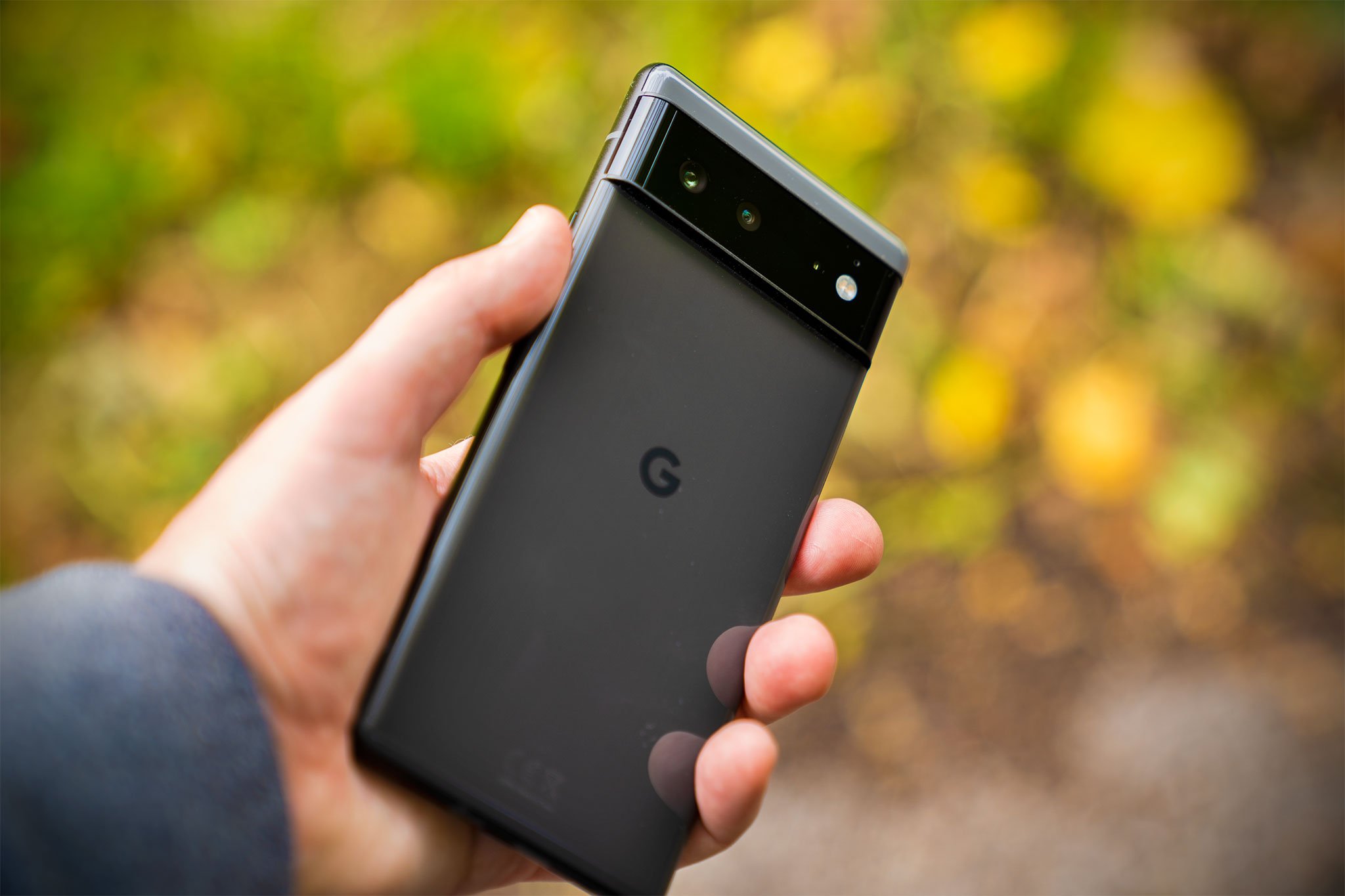
Of course, if you elect to buy a Pixel 6 case or Galaxy S21 case, it doesn't matter what they look like. Both phones also have Gorilla Glass Victus and IP68 water/dust protection, so either should handle most minor falls without any real problems.
The S21 display is slightly more flagship-quality than the Pixel 6's, but the Pixel wins for charging and battery life.
Samsung gave the Galaxy S21 a striking AMOLED 2X display with HDR10+ certification and blue light reduction. It's slightly smaller than the Pixel 6 display but gives you a 120Hz refresh rate for smoother scrolling and gaming performance. Frankly, the human eye can barely tell the difference between 90Hz and 120Hz refresh rates, and we've already covered how both phones have similar performance. But along with a slightly more dense pixel-per-inch count, the S21 display is slightly more flagship-quality than the Pixel 6's.
The Pixel 6 has slightly faster wired and wireless charging than the Galaxy S21, along with a larger battery capacity. However, thanks to its 120Hz refresh rate, the Galaxy S21 doesn't last as long as the Pixel 6. It would typically run out of capacity after six hours of screen time, while the Pixel 6 retained about 25-30% battery after 5.5 hours. There's not a significant difference between the two phones, but the Pixel 6 does eke ahead.
Google Pixel 6 vs. Samsung Galaxy S21: Which should you buy?
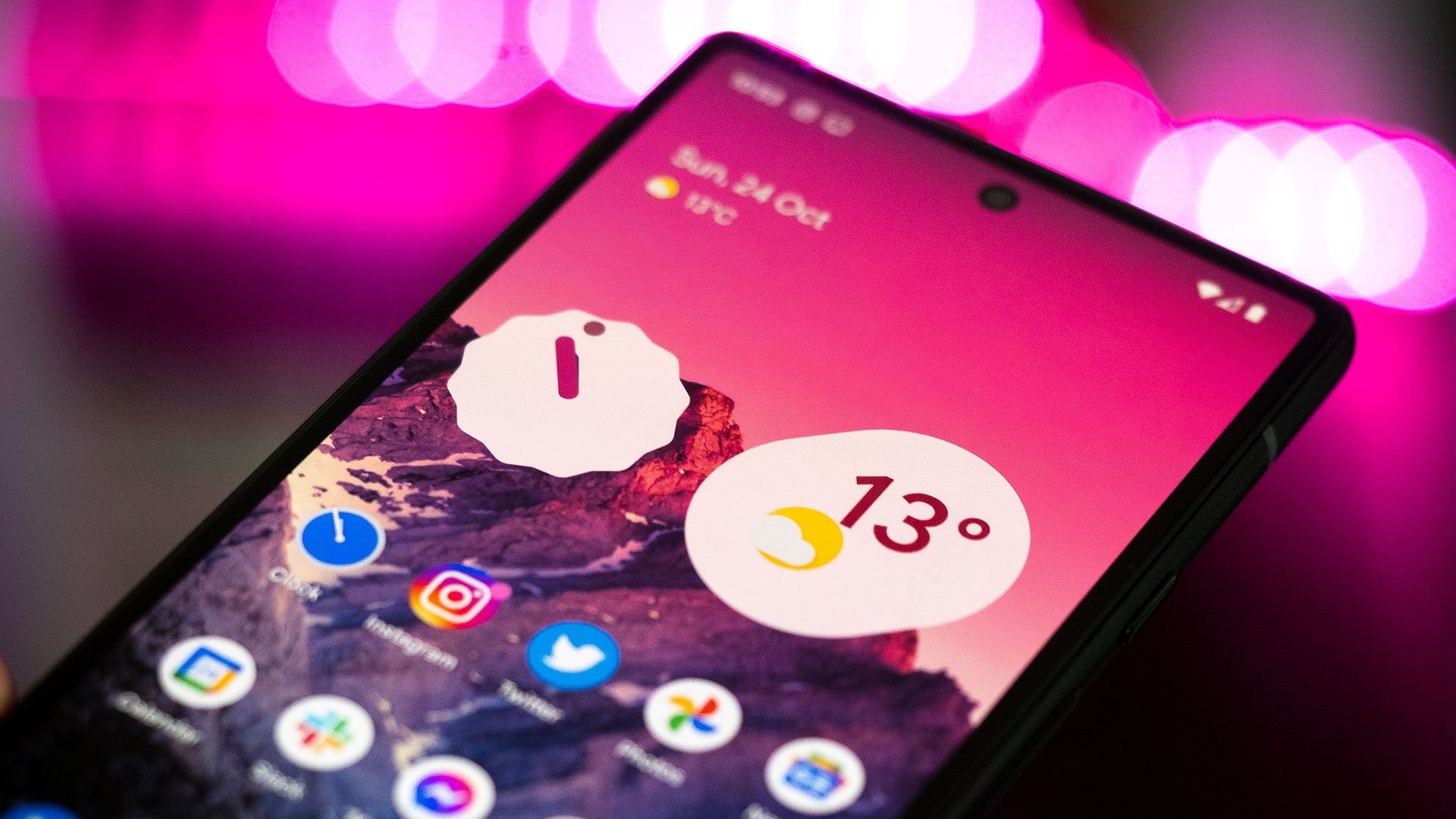
So which phone do you pick? It'll depend in part on whether you prefer Google's Pixel flavor of Android 12 or Samsung's One UI 4, which has Samsung's trademark style and better customization tools. Google Tensor gives its phones better AI tools and call screening, but you might see those as gimmicks compared to the sheer performance of the Snapdragon 888, powering a future-proofed 120Hz display. The Pixel 6 will last longer, but if you tend to buy a new phone every couple of years, the S21 has more than enough longevity.
Photography lovers may lean towards the Pixel 6, as Google has paired its masterful processing power with an upgraded 50MP sensor. And given Tensor's GPU prowess and the Pixel 6's larger display, gamers may prefer it as well. But the Galaxy S21 hasn't lost a step either. It's difficult to recommend one over the other; you'll have to decide for yourself with the criteria we've given you.
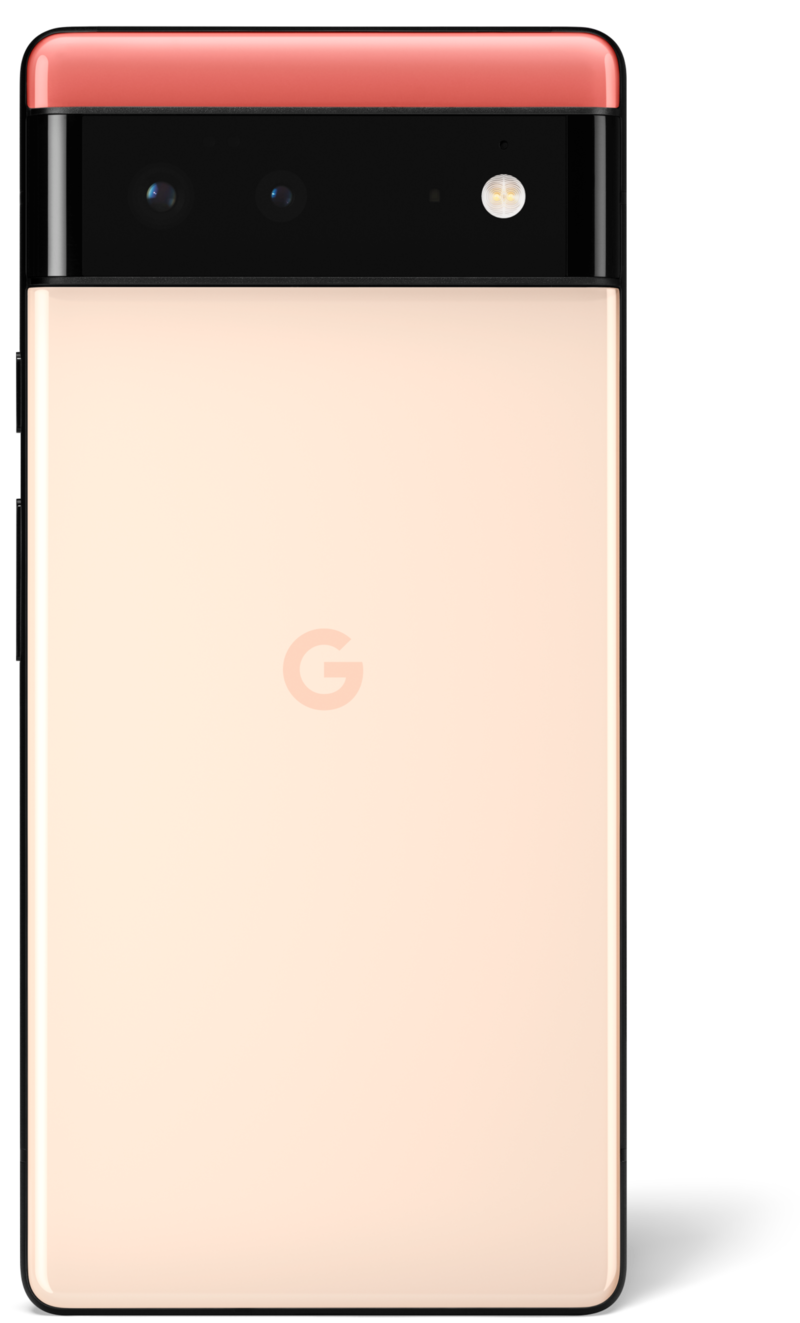
Google Tensor and camera supremacy
Superb camera quality, the extremely promising Google Tensor chip with reliable multitasking and five years of support, and a decently large and fast display help the Pixel 6 outperform its relatively low price.
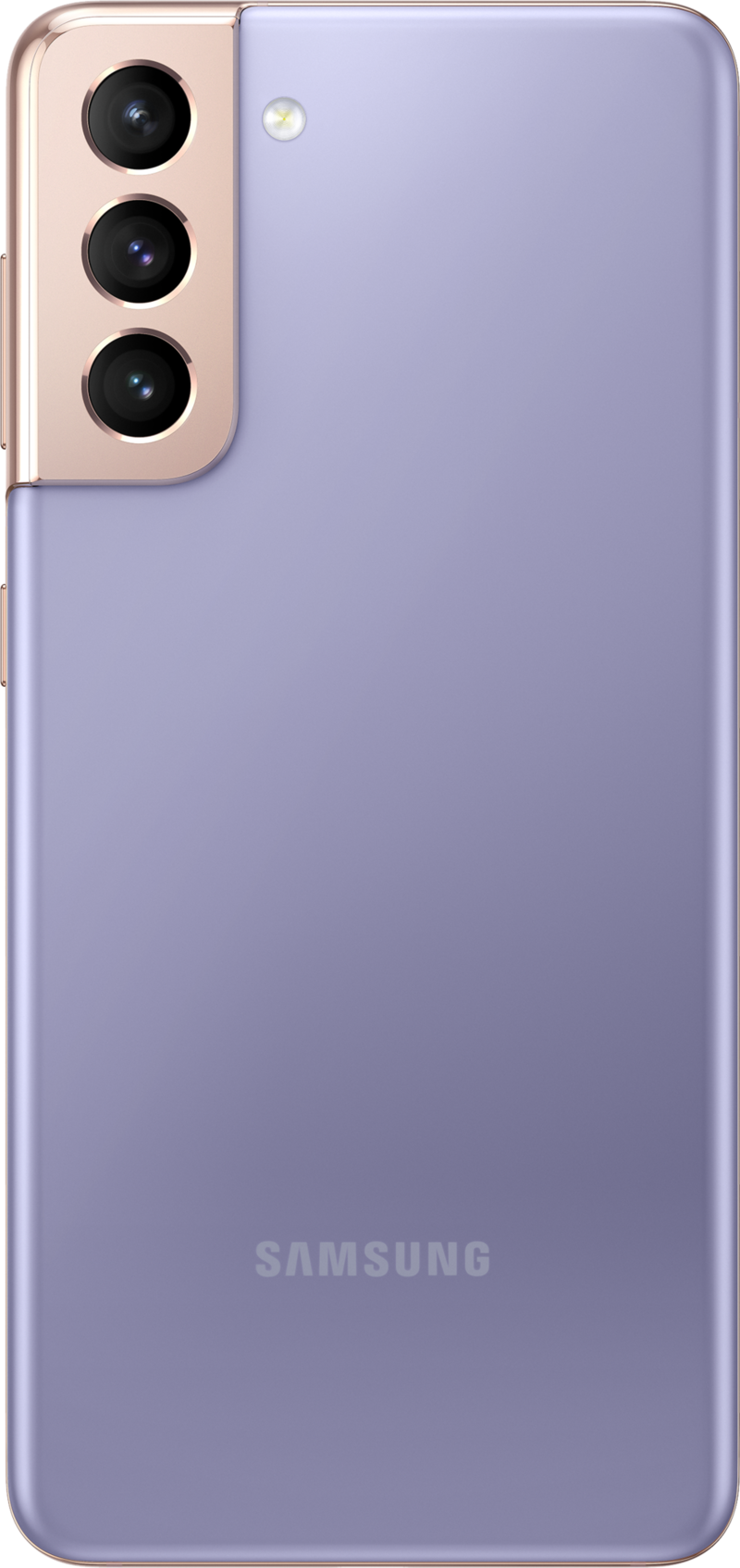
Fast refreshing and top-tier performance
With four cameras, an unmatched processor for performance, and a beautiful flat display with thin bezels, the Galaxy S21 remains the phone to beat for raw specs.

Michael is Android Central's resident expert on wearables and fitness. Before joining Android Central, he freelanced for years at Techradar, Wareable, Windows Central, and Digital Trends. Channeling his love of running, he established himself as an expert on fitness watches, testing and reviewing models from Garmin, Fitbit, Samsung, Apple, COROS, Polar, Amazfit, Suunto, and more.
